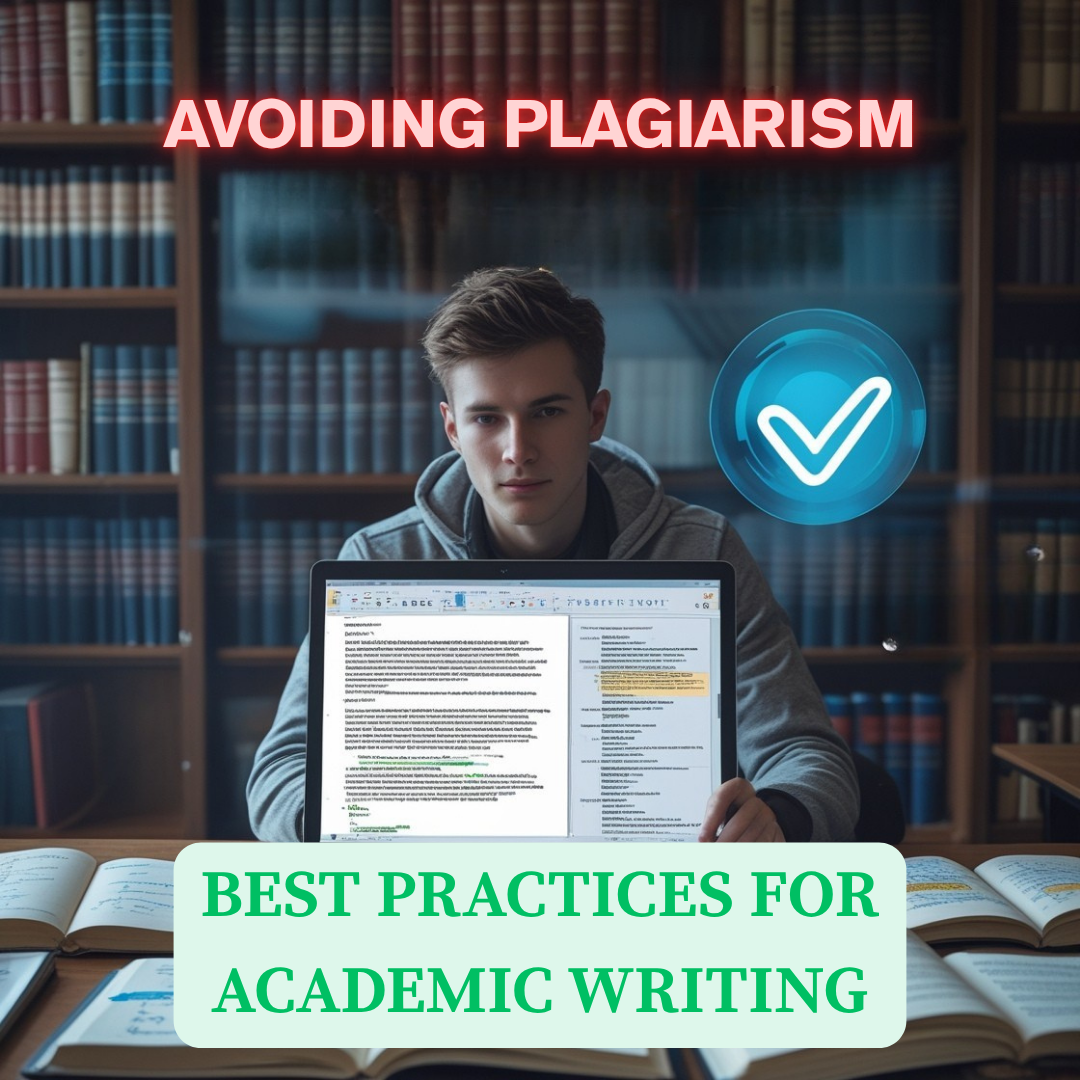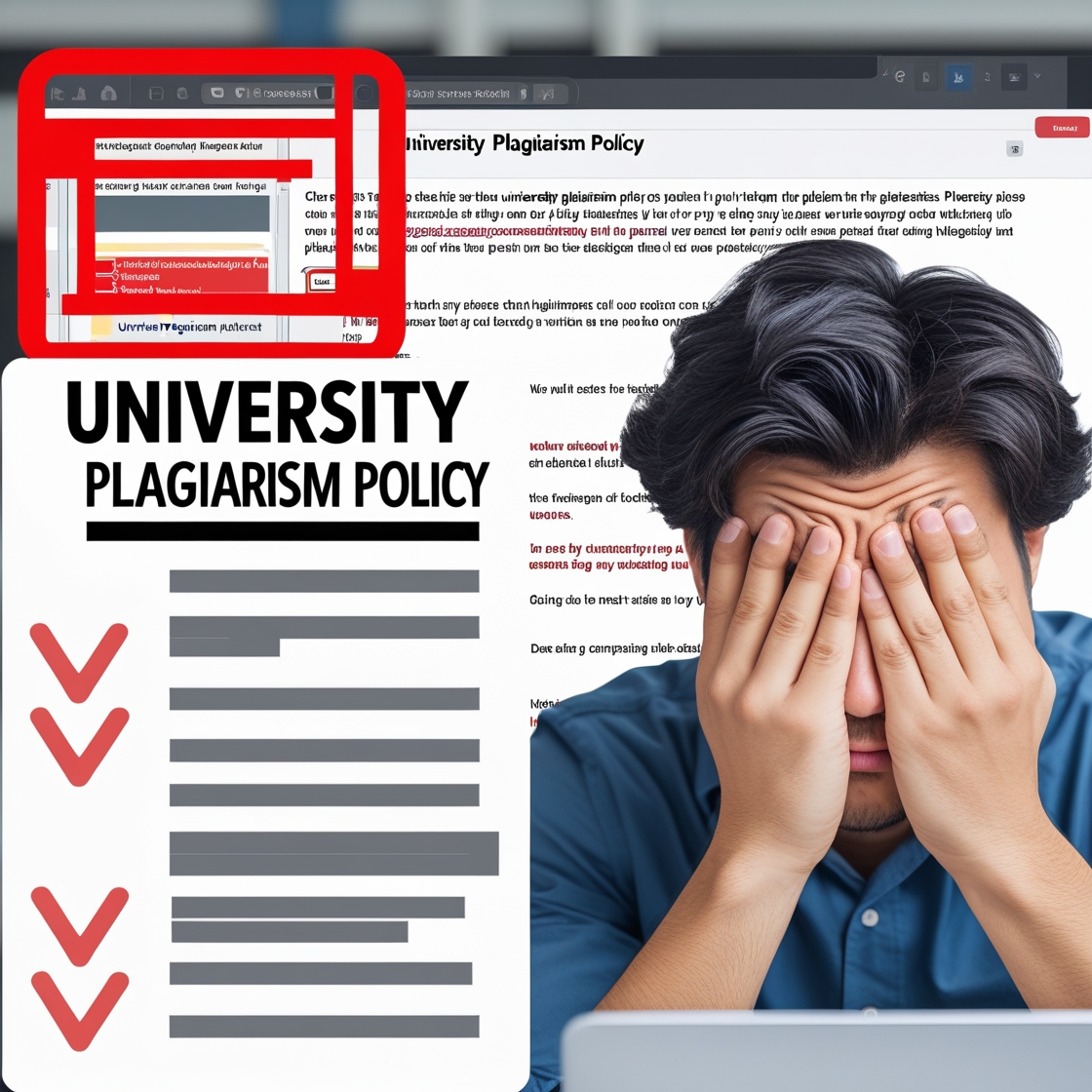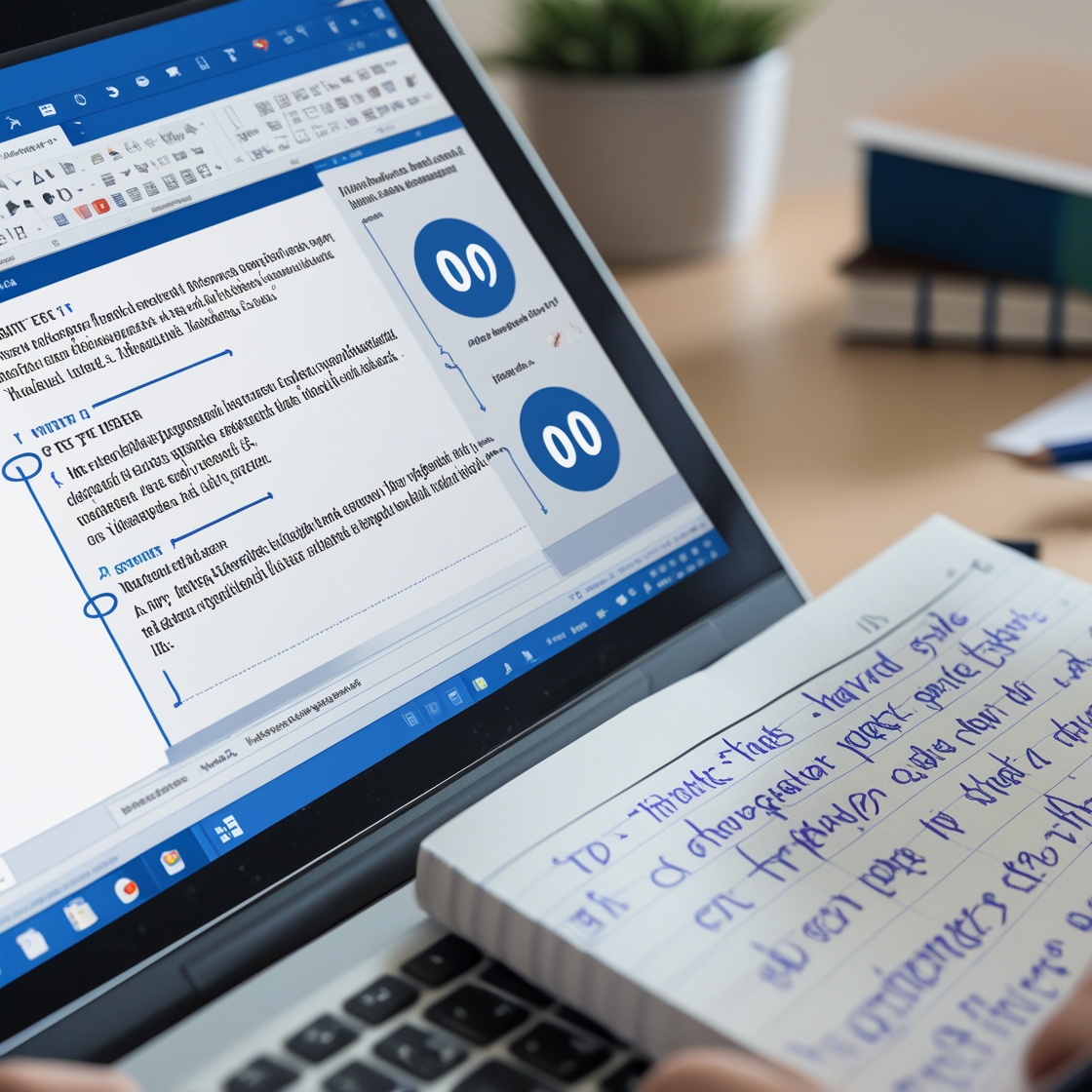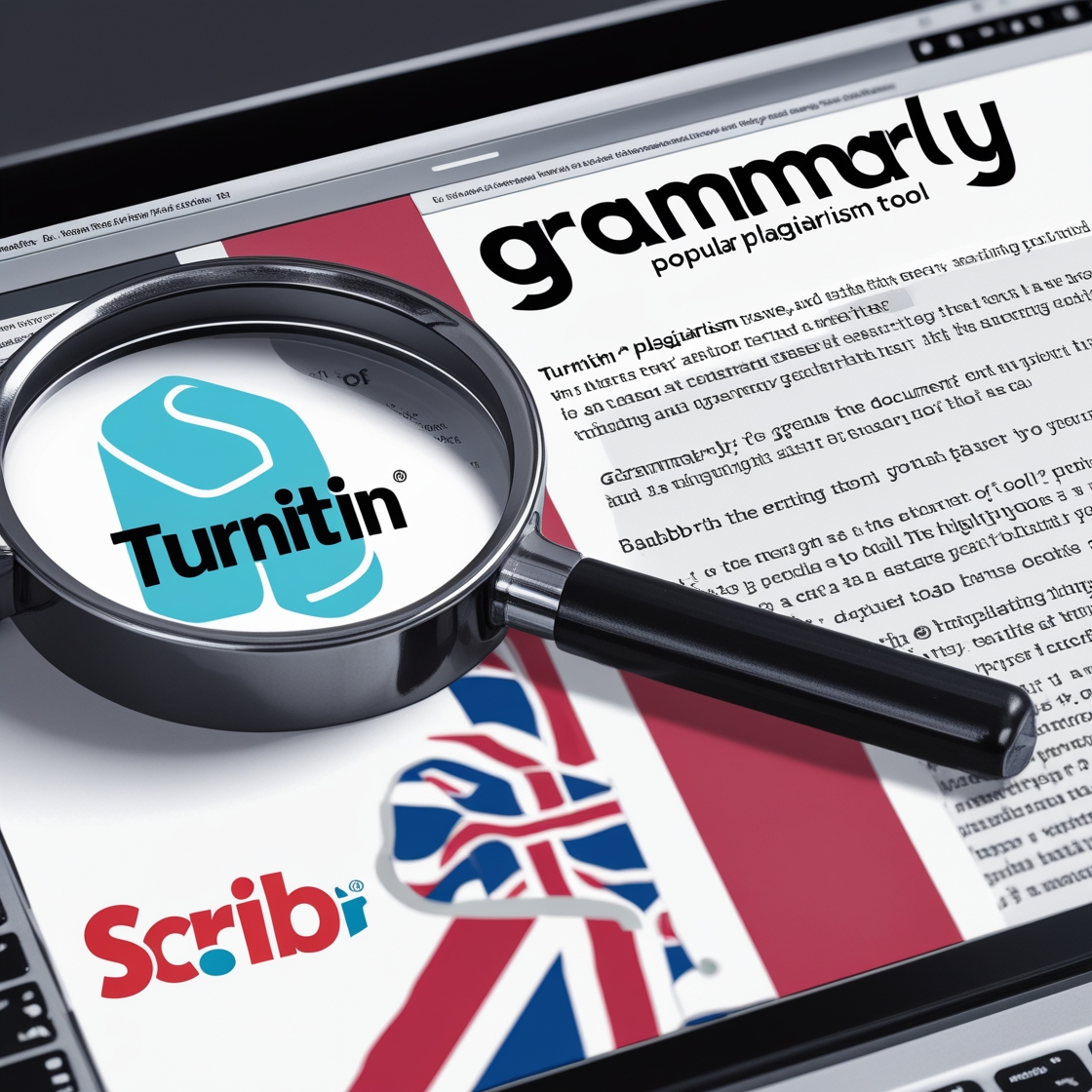Avoiding Plagiarism: Best Practices for Academic Writing
- Blog
- Avoiding Plagiarism: Best Practices for Academic Writing
2025-06-10

Chat with us on WhatsApp and get it done for just GBP 40 per 1000 words.
Plagiarism UK students, particularly in relation to elite universities, causes great worry. Whether you are producing research papers, dissertations, or coursework, you must know how to keep academic integrity. This tutorial will look at how to follow the plagiarism policy UK universities demand, avoid copying, and make sure your work stays original and reputable.
Why Is Plagiarism a Big Deal?
Plagiarism undercuts the worth of your degree. It entails using without appropriate credit someone else's words, ideas, or work. Strict UK student plagiarism law and regulation mean that failure of assignments, academic penalties, or even expulsion could follow from discovery.
The Role of Academic Integrity
Real scholarship is based on academic integrity. UK colleges want its pupils to work autonomously and reference correctly. This preserves confidence in universities and safeguards the value of your qualification.
Understanding the Plagiarism Policy

Every UK university has an explicit plagiarism policy. Students have to pay great attention to these guidelines and readings. UK colleges' stringent plagiarism policy usually has explicit penalties for both minor and severe transgressions.
Common Mistakes That Lead to Plagiarism
- These actions may fall under academic misconduct UK, which universities treat seriously.
How to Avoid Plagiarism in UK Coursework

Learning how to avoid plagiarism UK coursework call for few simple actions. These include organising your research, noting clearly, and referencing every source you consult.
Use of Proper Referencing Styles
References have to match the style guide your university requires—such as Harvard, APA, or MLA. Add in-text references and a bibliography always. Correct reference formatting can be achieved with online programs as RefWorks or CiteThisForMe.
Practice Paraphrasing and Quoting
Learn good paraphrasing to prevent straight copying. If you copy precise words from a source, quote them exactly and correctly cite them. Good paraphrase enhances your argument and indicates comprehension.
Helpful Plagiarism Checking Tools in the UK

Use plagiarism checking tools UK students most rely on before turning in your paper. These tools indicate matched material and enable you to scan your paper. Recommended Tools for Students
These tools give students confidence that their work is original before submission.
Penalties for Plagiarism in UK Universities

Failing to cite correctly or submitting someone else’s work can lead to charges of academic misconduct UK. The consequences may include:
Most universities use Turnitin or similar platforms to track originality. Avoid shortcuts and focus on honest writing practices.
Best Practices for Writing Plagiarism-Free Assignments
Here are some tips that can help you stay safe and write quality work:
1. Start Early and Plan Your Work
Rushed effort raises plagiarism's likelihood. Start your research early and give editing and checking time.
2. Keep Track of Your Sources
Note each article, book, or website you visit. You will still have to give credit to the original concept even in paraphrase
FAQs - Coursework Help
-
Use tools like Turnitin UK student use, Grammarly Premium, or Scribbr. Most UK universities provide Turnitin access to students.
Related Post
2025-05-03

Managing university assignments and part-time employment
Eliminate issues with academic writing and ensure accurate referencing and citation in every assignm
2025-05-08

Essay Writing Guide for UK University Students
Master UK university essay writing! Expert tips on structure, referencing & time management for stud
2025-06-05

Assignment Help in Manchester : Why Local Services Matter
Master UK university assignment writing! Expert tips on structure, referencing & time management for
Dissertation Writing Prices